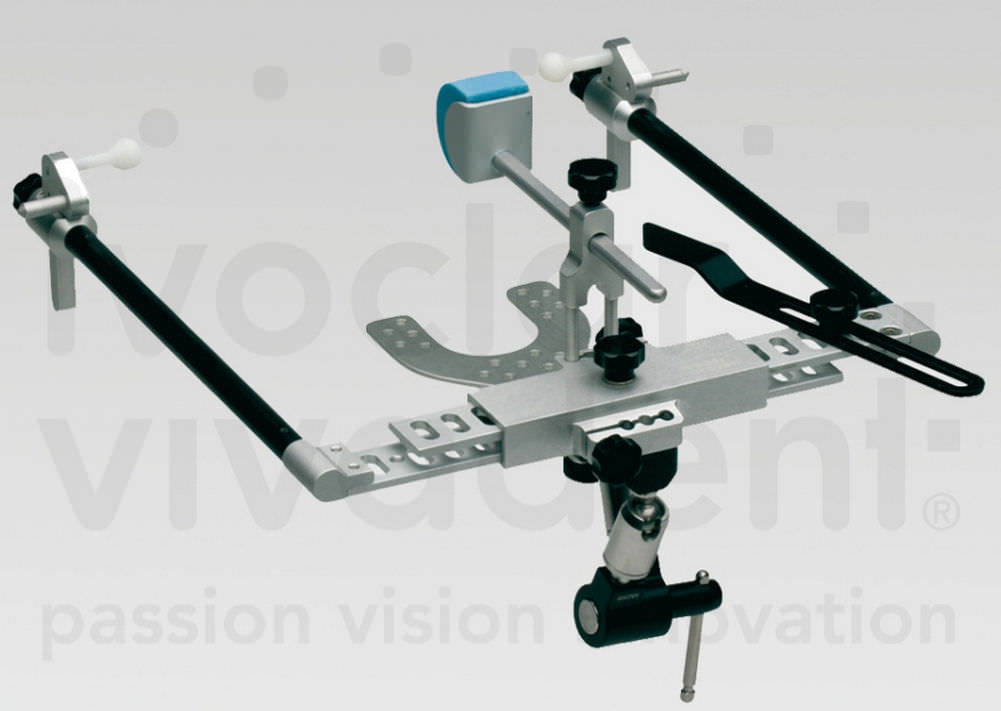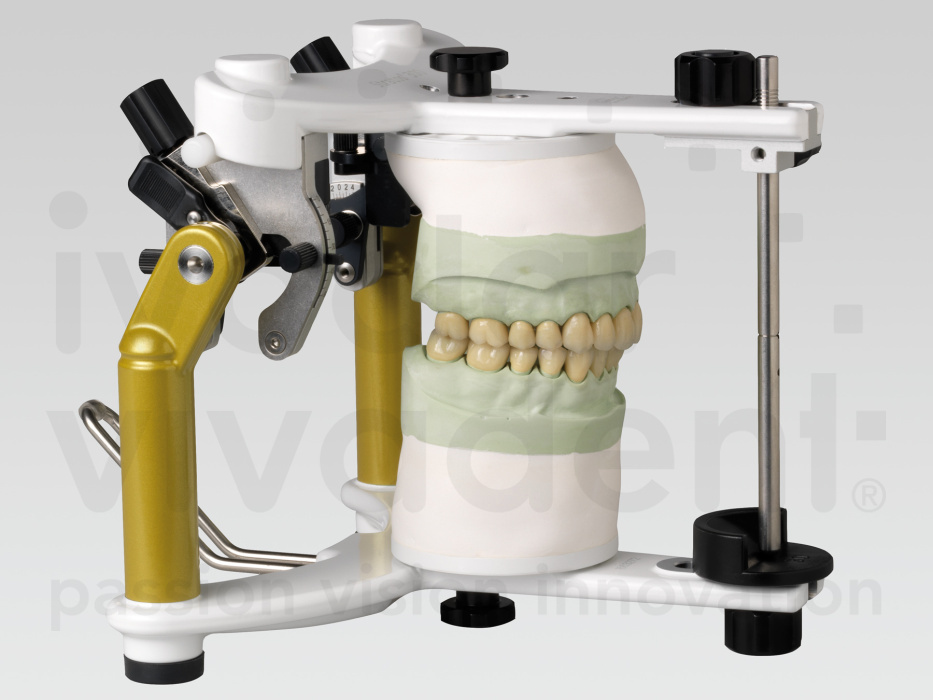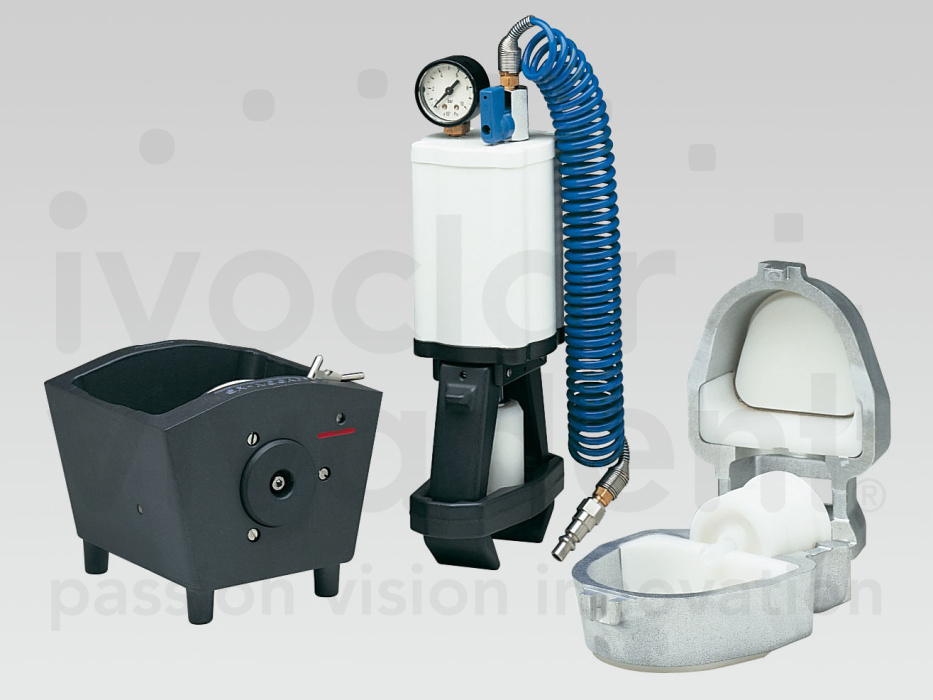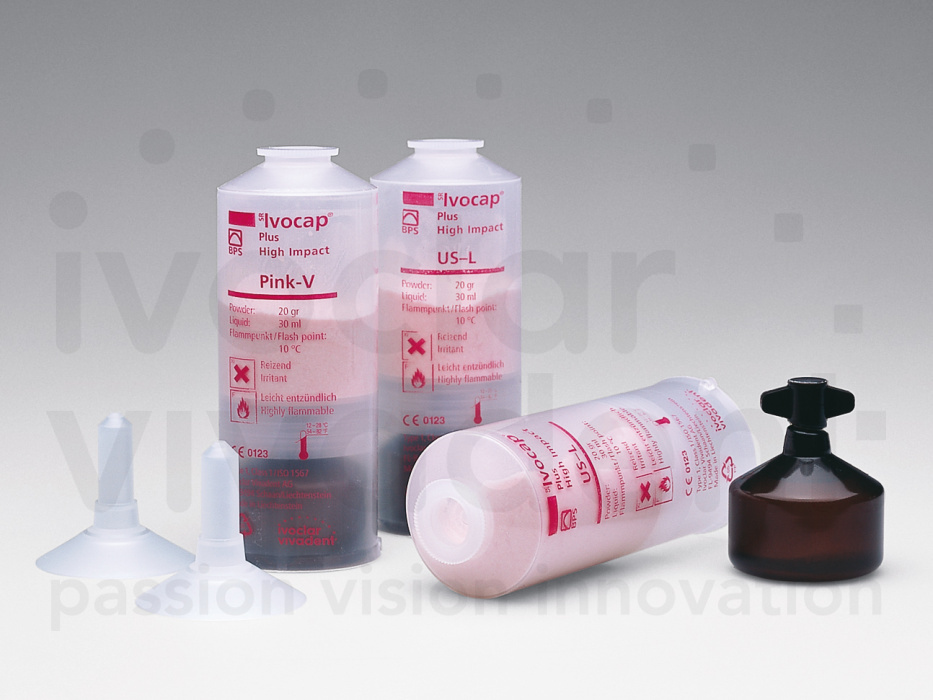BPS Complete Dentures
BPS dentures are a more accurate and prestigious denture that we offer to our patients. It is estimated that over 32 million North Americans wear full or partial dentures; yet many are dissatisfied because of poor fit, unpleasant odours and inferior aesthetics. In addition, many of these denture wearers can't chew properly and are therefore faced with restrictive eating habits.
The BPS Dentures address these concerns and help remove the barriers. Made from acrylic and created in layers to mimic dentin and enamel of natural teeth; BPS Dentures not only feature the luminescence and form of natural teeth but also resist wear, chipping and staining.
To achieve a higher grade prosthetic BPS dentures do require extra time and appointments to take additional records registrations. At our in house laboratory our denturists set up the teeth in their patients dentures so they function omnidirectional or what we call balanced occlusion. This simply means that when you are chewing your denture teeth are set in a way that they will touch and balance the denture in the mouth for these motions. This compares to standard dentures which are only set to have the teeth meet up and contact when you are biting together.
BPS dentures benefit any complete denture wearer as it is superior in function, alignment and accuracy. Learn more about BPS dentures by consulting with one of our denturists for more information.




What to expect once you've decided to have new teeth made:
It's not as easy as it looks - making dentures takes many different appointments and is a very involved process. Each and every patient we work on has a very different mouth and situation which we consider before making new set of dentures. This being said each patients timeline and framework for appointments may vary because of these differences.
The following appointments to expect are in this order:
Consultation and Preliminary Impressions:
This is the time that we get to know you and your situation, and what option of treatment works best for your lifestyle. Once that is decided and you've chosen to start treatment, we start by taking preliminary impressions to make study models off of. We then make you a custom fitted tray to take tighter fitting, more accurate impressions.
Final Impressions and Bite Registration
We use highly accurate materials in a custom tray to take a detailed final impression. This impression turns into our working model in which we build our patients dentures on. This step effects the fit of the dentures and ensures your new teeth have the most accurate shape as possible. After the impressions are taken we are able to take a preliminary bite registration using our final custom trays and use this to make our pin tracing devices.
Pin Tracing and Tooth Selection
In order to build comfortable dentures, we need to know how tall we need to make your dentures, and where your jaws line up. Pin tracers answer both of these questions for us and is the second and more accurate registration we use in our office. We will then discuss the aesthetics of your denture and will pick out teeth that we will use for our try-in appointment.
Try In
This appointment you get to see what your teeth will look like in wax. We use wax because the material allows us to make changes to the setup of the teeth and also allows you to view the dentures before they are made. Depending on the changes that need to be made, we sometimes do additional try-in appointments. This is because as denturists we like to make sure our corrections are accurate and that you're completely satisfied with the appearance of your new teeth before they become acrylic dentures. After we proceed with making your new teeth, we are unable to move the teeth and can only make minor adjustments to the dentures. It's always a good idea to bring an extra set of eyes to this appointment to have a concrete second opinion.
Insert
The dentures are made and you're ready to go. Our denturists will check over your bite, and make any refinements they see are needed. After this point we give you home care instructions and don't make any other scheduled appointments at this time. Because dentures are a fitted prosthetic device, we find that 50% of our patients will develop sore spots in their mouths. These should be addressed as they appear by booking adjustment appointments.
Your new set of dentures should last you 5-7 years and then be replaced. This ensures you are always wearing a clean, properly fitted appliance that enhances your health and not detracts from it.
Adjustments
All of your needed adjustments within the first year of a new set of dentures made are covered by our clinic. Sore spots are pressure spots in your mouth that can develop for a wide variety of reasons. If you've had a new set made, don't tough it out - come into the clinic and have your denture adjusted. It sometimes takes several adjustment appointments to have them fitted properly. A reason for this is because your dentures do settle into your gums over a matter of weeks.
We ask all of our valued patients to not attempt to do their own adjustments as this will void your warranty on your dentures.
